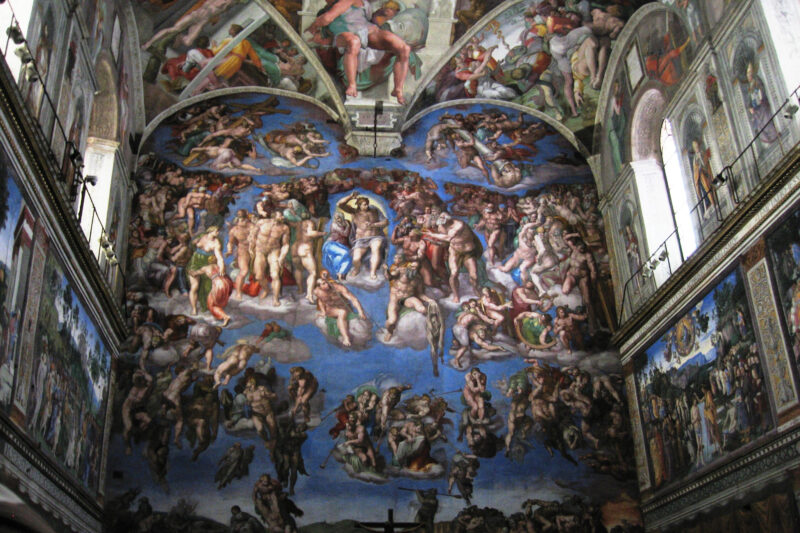As the College of Cardinals convenes in the Sistine Chapel to elect the 267th Pope, the global Catholic community stands at a crossroads. This conclave, the most geographically diverse in history with 133 electors from around 70 countries, embodies the Church’s universal nature and its commitment to addressing the world’s pressing challenges.
Pope Francis reoriented the Church toward the margins. His papacy was marked by a fervent advocacy for the marginalised, environmental stewardship and a call for inclusivity within the Church. Yet his death has exposed fractures—between those who see the Church as a field hospital for the wounded and those who yearn for it to be a fortress of certitude. But the Gospel is not a relic to be protected; it is a
fire to be kindled. Jesus did not call His followers to comfort or control, but to cross-bearing love, radical forgiveness and prophetic witness. The Holy Spirit does not lead the Church into safety, but into solidarity—with the poor, with creation and with all who are denied dignity.
The task before the electors, then, is not administrative, political or institutional. It is profoundly moral and theological. They are not selecting a CEO or a custodian of the past, but a shepherd who must read the signs of the times in the light of the Gospel—a Pope who will guide the Church to be, above all, a sign and instrument of justice and peace in a divided world.
In the shadow of war, ecological breakdown and widening inequality, the Church cannot afford retreat into internal debates or nostalgia. The new Pope must be a voice against the arms trade, a defender of migrants and a servant to those discarded by economies that prioritise profit over people. The command of Jesus is not ambiguous: “Whatever you did for the least of these brothers and sisters of mine,
you did for me” (Matthew 25:40). From the very outset of His ministry, He left no doubt about His mission—declaring good news to the poor, liberty to captives, and freedom for the oppressed (Luke 4:18). These are not peripheral concerns; they are the core of the Gospel.
The conclave, then, is a test of fidelity—not to faction, but to Christ. Will the cardinals choose a man of institutional caution or evangelical courage? Will they hear the cry of the earth and the cry of the poor? Will they elect a shepherd who “acts justly, loves mercy and walks humbly with God” (Micah 6:8)?
The Church needs a Pope who will live not above the world, but deeply within it. A Pope who will remind both Church and world that peace is not the absence of conflict, but the presence of justice. Only such a witness can carry forward the mission of the Gospel in our time.



